A record number of 12.91 million people in China are registered to sit for the gaokao, China's college entrance exams, on Wednesday, the first after the country downgraded its strict management of COVID-19. Although it remains a key test for students' lives, the gaokao's role as "destiny-changer" has diminished in recent years as higher education has become popularized and the talent selection criteria diversified.
This group of gaokao examinees is set to enter college at a time when the youth unemployment rate in China is rising this year. Experts said as higher education has become very popular in the country, which is undergoing economic transition, it is high time for both college students and universities to change their perspective, from using diploma as master key to an ideal job, to viewing universities as a place to provide talented and skilled professionals that meet the needs of society.
Local police cordoned off areas surrounding an exam site in Beijing's Chaoyang district Wednesday, banning vehicles from entering, as their honking would distract exam takers. The school, like many in other parts of the city and the country, upped security checks this year, including a system with facial recognition, to prevent cheating.
This year also marks the first year of the gaokao after China downgraded its management of COVID-19. Few students in the Beijing exam sites were seen wearing masks. Several cities said examinees will be directed to take tests at back-up sites if they test positive for COVID-19 on the exam dates.
An examinee surnamed Chen told the Global Times that he threw up four times last night because of nervousness. "The past three years were not easy for us. Online teaching has become normal for us because of COVID-19 restrictions… I am not sure I am ready for this big test, but I will try my best," Chen said.
Several mothers donned qipao, a traditional Chinese costume, to bring good luck to their children. Those parents are willing to stand in the scorching heat in Beijing for as long as four hours to wait for their children to finish the first exam.
Not only participants and their relatives, the whole society enters "gaokao time" during those days. Topics related to the gaokao and its Chinese essay questions dominated discussions on Chinese social media; police in some cities hold flowers on the road to wish examinees good luck; and a tourist spot in Xi'an became silent on Wednesday as tourists were told there is an exam site nearby.
A record 12.91 million people registered to attend this year's gaokao, marking an increase of 980,000 from 2022, according to figures released by the Ministry of Education (MOE) earlier this month.
The historical high number of participants in one of China's toughest exams has stoked anxiety over fierce competition for gaokao examinees this year.
China in 2019 scrapped the limit on pathways for students in secondary vocational schools to access higher education, allowing them to be enrolled into universities, instead of only in higher vocational schools. More gaokao participants from secondary vocational schools is the main reason for the record high number of candidates this year, Xiong Bingqi, director of the 21st Century Education Research Institute in Beijing, told the Global Times.
Chu Zhaohui, a senior researcher with the National Institute of Education Sciences estimated that university admission rates this year will stand at 85 percent, due to expanded enrollment in recent years.
In 2022, 92.9 percent of gaokao participants were admitted into colleges, media reported.
The Chinese public used to describe the gaokao as "single-log bridge" as it was the only way for majority students to get enrolled into top universities, a crucial stepping stone for bright job prospects.
Now, educators said that the gaokao's decisive role in a student's life is diminishing as a majority of Chinese youngsters can access higher education, while college entrance criteria are more diversified in recent years.
For example, Zhejiang University innovated their admission standards this year, making the gaokao score account for only 85 percent of total, and included also students' academic performance throughout high school, as well as an interview result.
"The gaokao is no longer a destiny-changer in China when higher education is so popularized. It is more like a gateway for young people to pass and receive higher education," said Xiong, who urged students to discard their obsession about prestigious schools, as "improving ability, learning skills are what matter."
Ren Xuan, whose son is a gaokao examinee this year, said she did not spend time doing research about how to get her son admitted into a top university. "I'd rather he learns something useful and practical, such as computer technology, in an ordinary university, than studying unrealistic things in a prestigious college," she told the Global Times.
Change perspective
While getting a satisfactory result in the gaokao may be a test for high school students, obtaining an ideal job is challenging for college graduates.
China will see a record 11.58 million college graduates this year, earlier data shows. According to statistics from the National Bureau of Statistics (NBS), the unemployment rate for people aged between 16-24 stood at 20.4 percent in April this year, up 0.8 percentage points from the previous month.
NBS spokesperson Fu Linghui said at a press conference in May that the structural problem of China's employment is important. He also noted that as China's economy gradually recovers, the job market will be steady and that the government is rolling out policies helping young people get employed, so when those supportive policies come into play, unemployment among young people will be alleviated.
Under such circumstances, both students and higher education practitioners need to change their perspectives - students should not count on a university degree as the master key to a good job, eyeing only glamorous office jobs, said Xiong, stressing that students should see university as a place to hone their skills that meet society's needs.
As some young people complain about the growing mismatch between their expectations and available job opportunities, the topic of "Kong Yiji's robe," a term inspired by modern Chinese literature and used to refer to college graduates who consider themselves above doing manual labor went viral on Chinese social media platforms.
In response, CCTV.com issued a commentary in March that said the reason Kong was locked in such quandary is because he could not throw off his airs and graces and resort to hard work to change his situation.
For universities, Xiong said the onus is on them to allocate their resources, and cultivate talents that are useful for society and the country.
In this year's enrollment regulations for universities, the MOE said that academic institutes should make adjustments based on the country's social and economic development requirements, employment of graduates and other situations.
Several universities are offering new majors for undergraduate students this year. China Women's University is offering a new major of family education, to cope with the society's needs for such specialists. Artificial intelligence has become a hot pick for Beijing universities when they applied to education authorities to offer new majors this year.











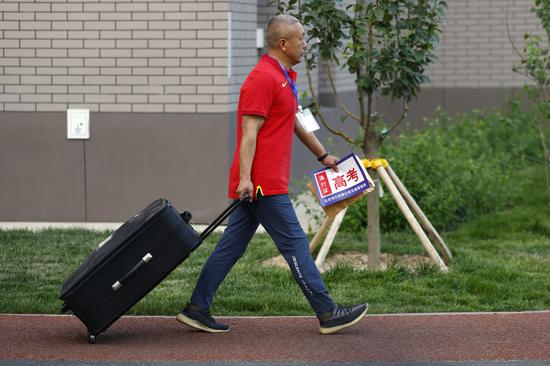


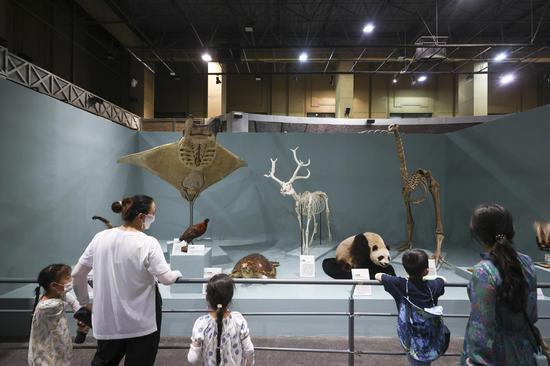
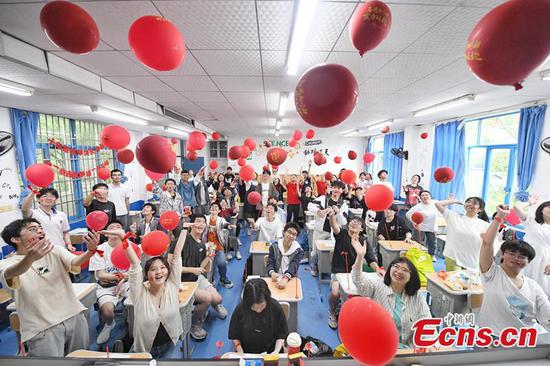

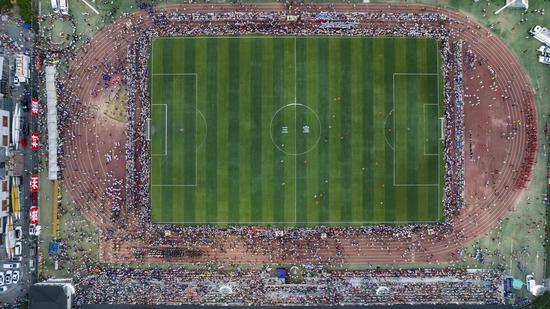

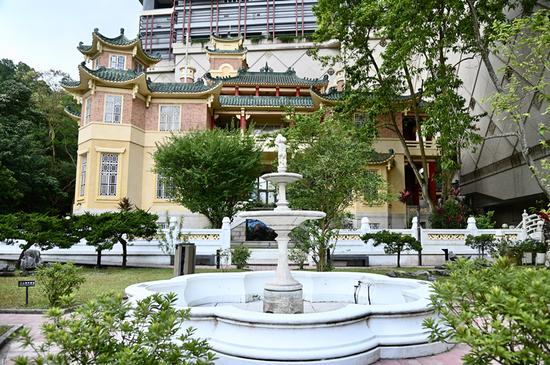

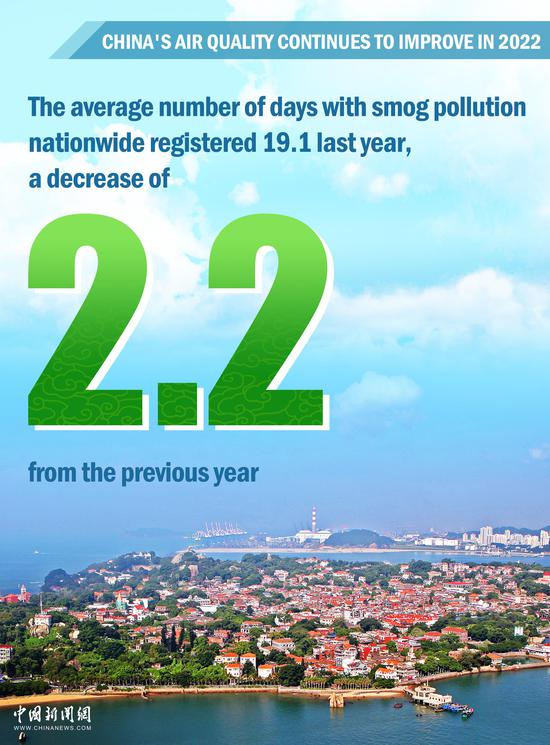



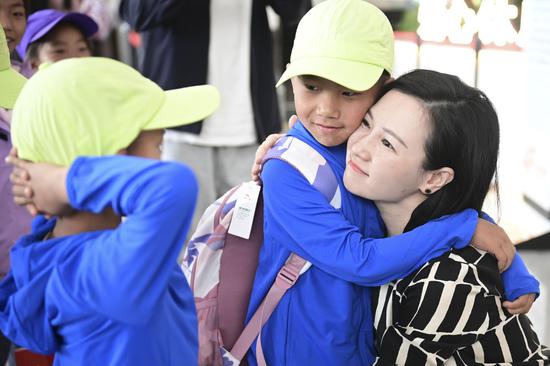
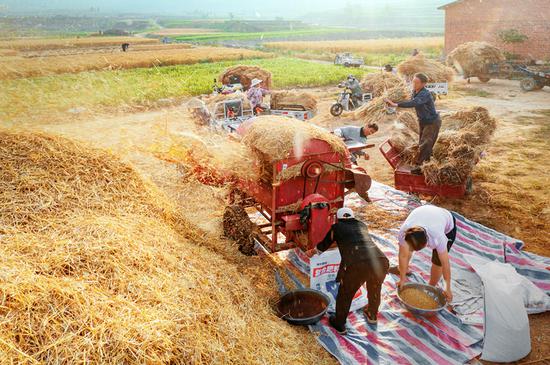


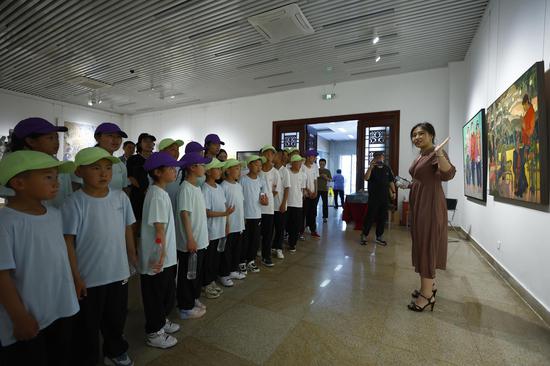


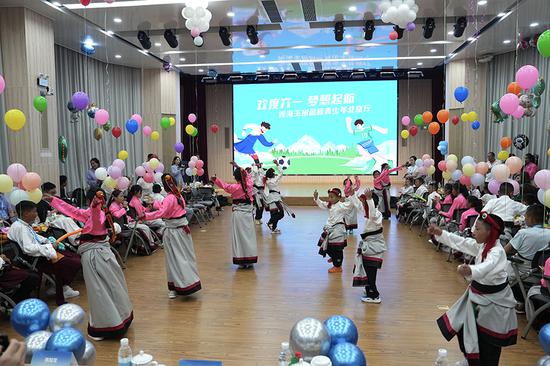
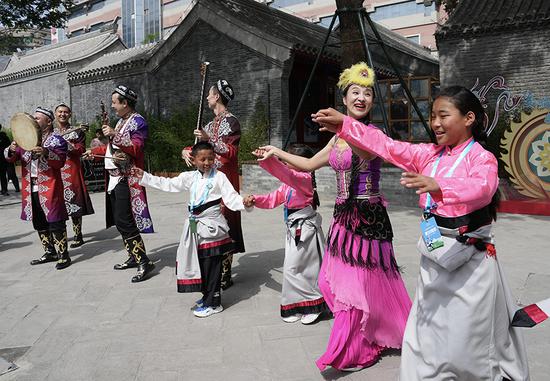
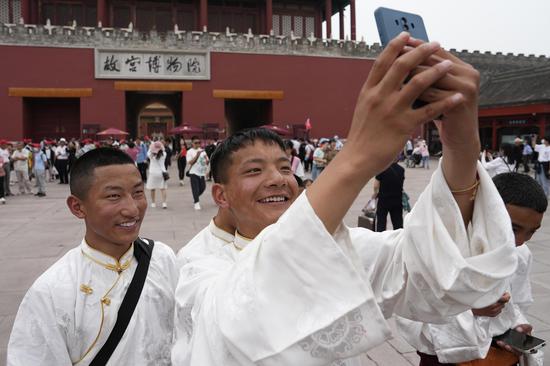
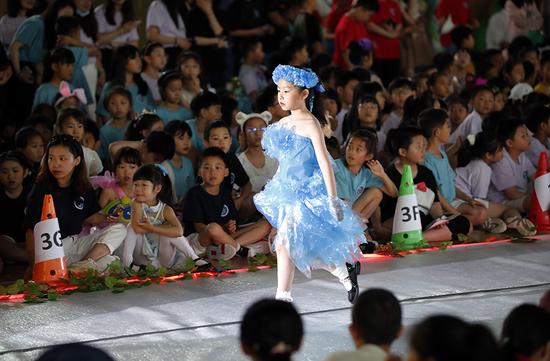
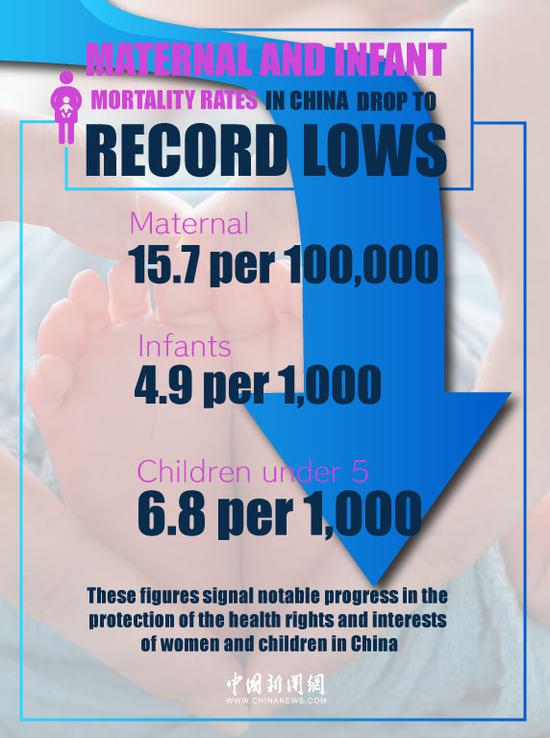
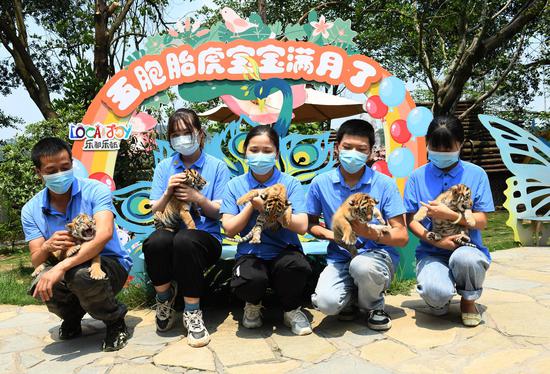
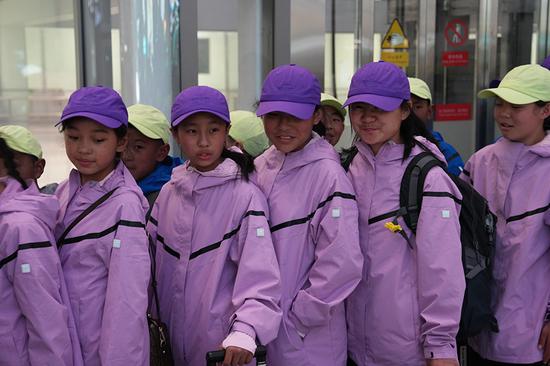

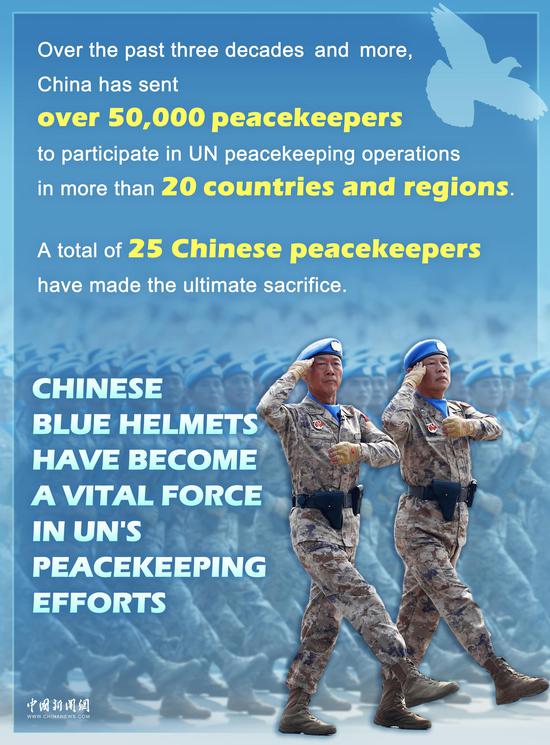
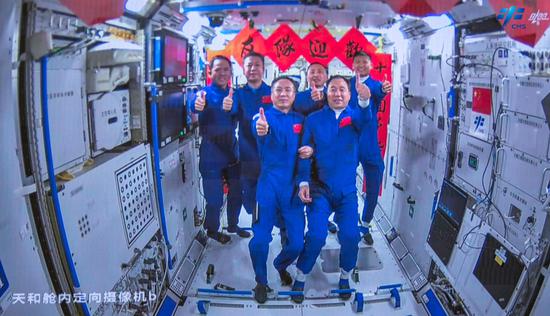

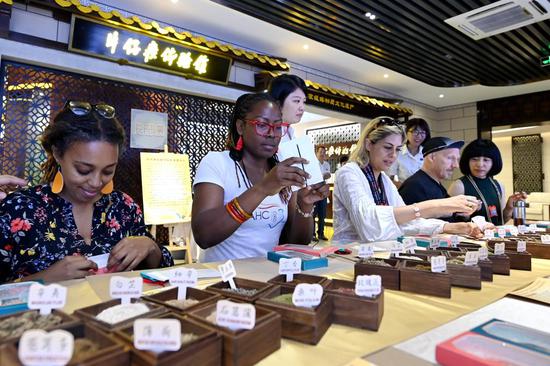
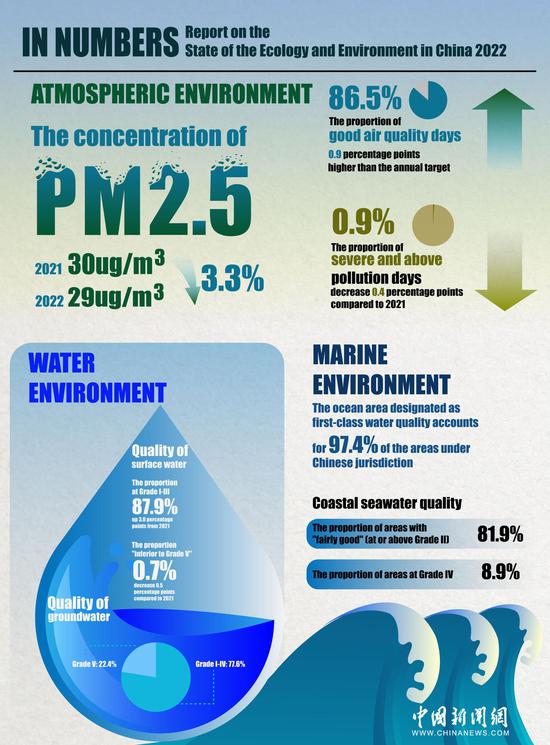





 京公网安备 11010202009201号
京公网安备 11010202009201号